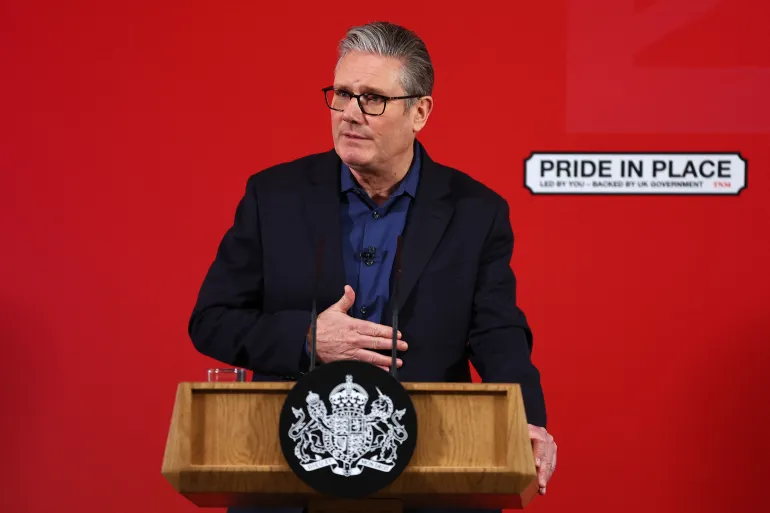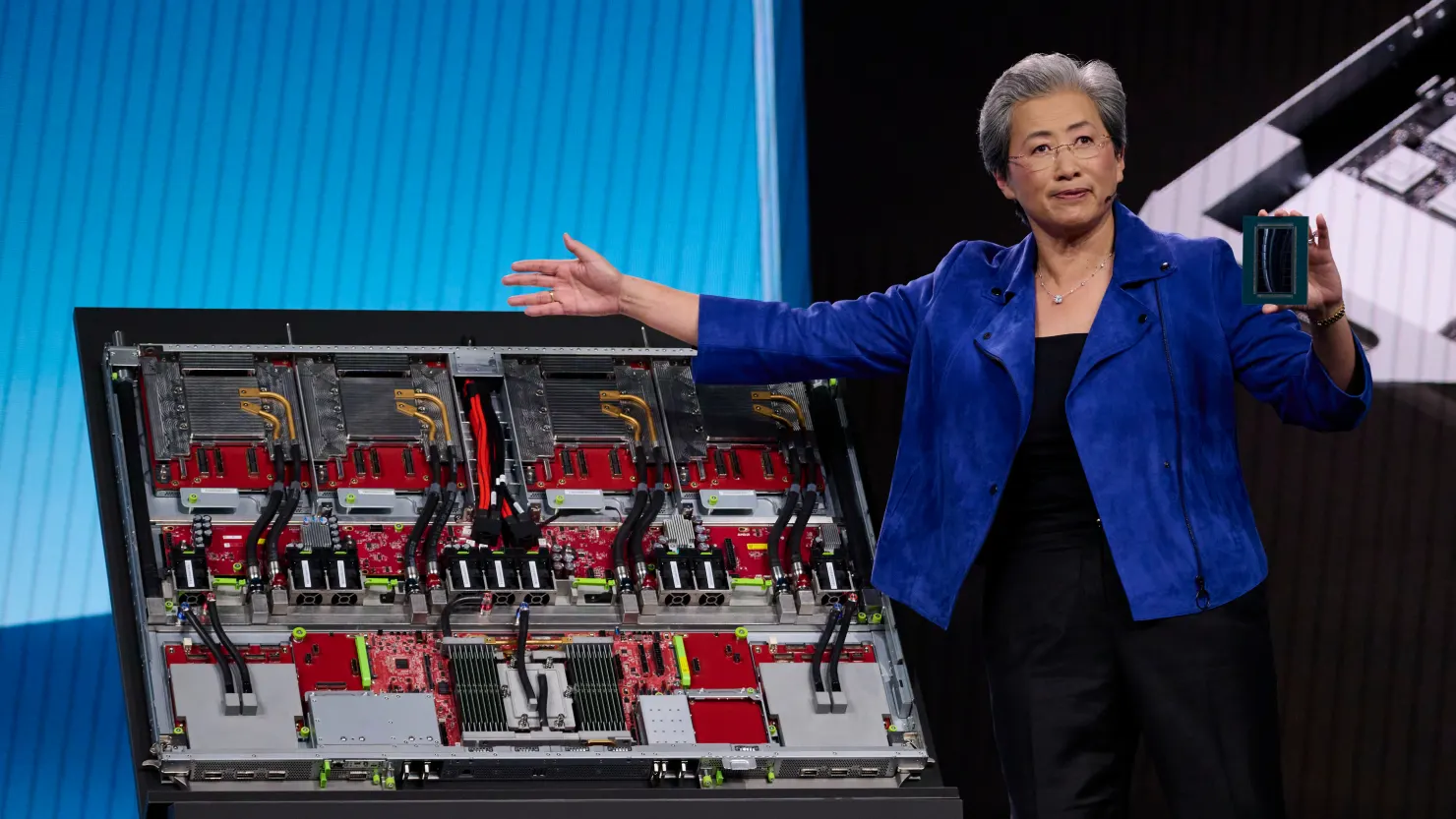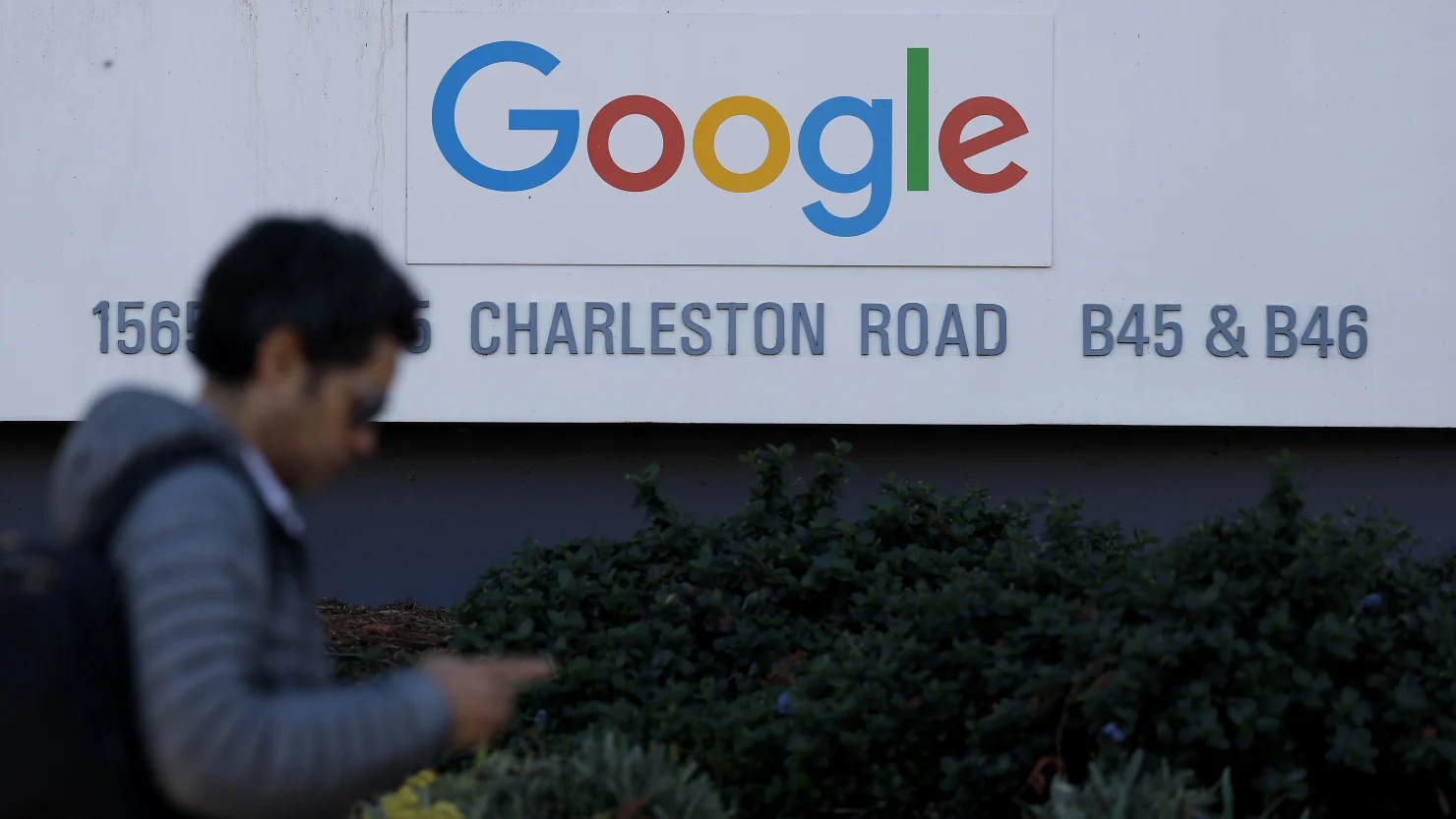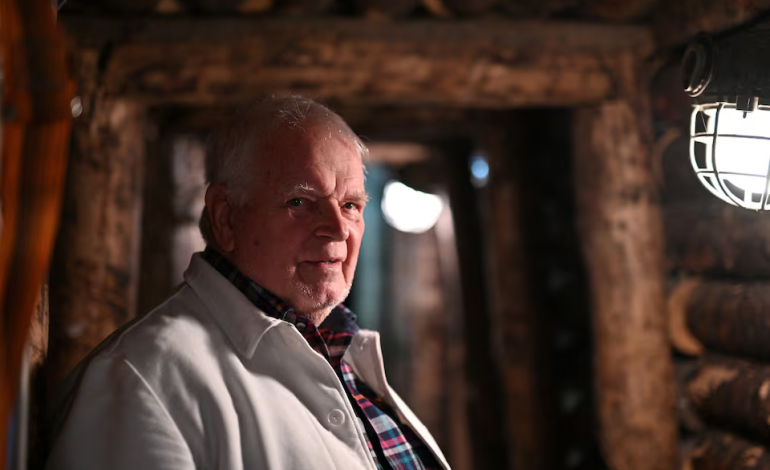Germany’s economic model, once driven by affordable Russian gas and strong exports to China, is in need of reinvention.
Europe’s largest economy has struggled with stagnation for five years, and finding a path to renewed growth will be the primary challenge for the government formed after the national election on February 23.
A combination of factors has slowed Germany’s industrial strength. Excessive bureaucracy, a shortage of skilled labor, sluggish technological adoption, and a lack of clear direction from the outgoing government have hindered progress. Additionally, rising energy costs following Russia’s invasion of Ukraine and increased competition from Chinese manufacturers have further strained the economy.
Many business leaders are voicing frustration over the economic climate. Klaus Geissdoerfer, CEO of industrial fan manufacturer EBM-Papst, emphasized the need for more business-friendly policies. His company, which generates €2.5 billion ($2.6 billion) in annual revenue, has seen declining sales in Germany, partly due to regulatory uncertainty. Confusing policies on heating system upgrades, for example, led consumers to delay purchases, negatively affecting demand for EBM-Papst’s products.
Bureaucratic burdens also remain a key concern. New climate-related regulations require companies to extensively document their energy use, diverting resources away from innovation and efficiency improvements.
“Instead of implementing measures, they write and report,” Geissdoerfer noted.
He stressed the need for streamlined policies under the next government.
To adapt, EBM-Papst is expanding operations outside Germany, focusing on markets in the US and Asia. The company’s shift aligns with expert recommendations that Germany invest more in green and digital technology to secure long-term economic growth.
Germany’s reliance on Russian gas was disrupted when Moscow cut supplies due to Berlin’s support for Ukraine. The result has been soaring electricity costs, which now exceed those in the US and China. Companies like Mecanindus-Vogelsang, a precision parts manufacturer, report significantly higher electricity costs at their German plants compared to their US locations. CEO Ulrich Flatken warned that high energy prices pose a “gigantic competitive disadvantage,” contributing to the ongoing trend of industrial decline.
Trade shifts have also hurt Germany’s economy. For years, German automakers and machinery producers thrived on exports to China. However, as Chinese manufacturers gained expertise and government support, they began competing directly with German firms, reducing demand for imported goods.
Germany’s economy has contracted for the past two years, and by the end of 2024, it had grown just 0.3% since 2019. In contrast, the U.S. economy expanded by 11.4%, while China’s surged by 25.8% over the same period.
Economists argue that Germany must adapt quickly to changing global and technological landscapes. Some believe the country was too slow to embrace electric vehicles and other innovations, relying too heavily on past successes.
Mental pessimism has also taken hold, according to Marcel Fratzscher, president of the German Institute for Economic Research.
“The pessimism is enormous among companies and citizens, and that’s an important explanation why companies are not investing,” he said.
Business leaders and analysts have called for reforms, including loosening strict constitutional limits on government debt to allow for greater investment in infrastructure, education, and innovation. The debt brake, a policy designed to cap deficits at 0.35% of GDP, has constrained spending, making it harder to finance necessary economic transitions.
The economic downturn has also fueled political discontent, particularly in struggling industrial regions like Gelsenkirchen. Once a stronghold of the Social Democratic Party (SPD), the city has seen growing support for the far-right Alternative for Germany (AfD) party. Many voters blame high energy costs and economic uncertainty for their frustration with mainstream political parties.
Despite political divisions, most experts agree that Germany’s economy needs structural change. Key policy questions include whether to ease the debt brake, how to make energy costs more competitive, and how to accelerate the transition to green industries.
With major economic decisions on the horizon, Germany’s next government will need to act decisively to restore confidence and steer the country toward sustainable growth.
With input from the Associated Press and Reuters.
REUTERS/Stephane Nitschke










The latest news in your social feeds
Subscribe to our social media platforms to stay tuned